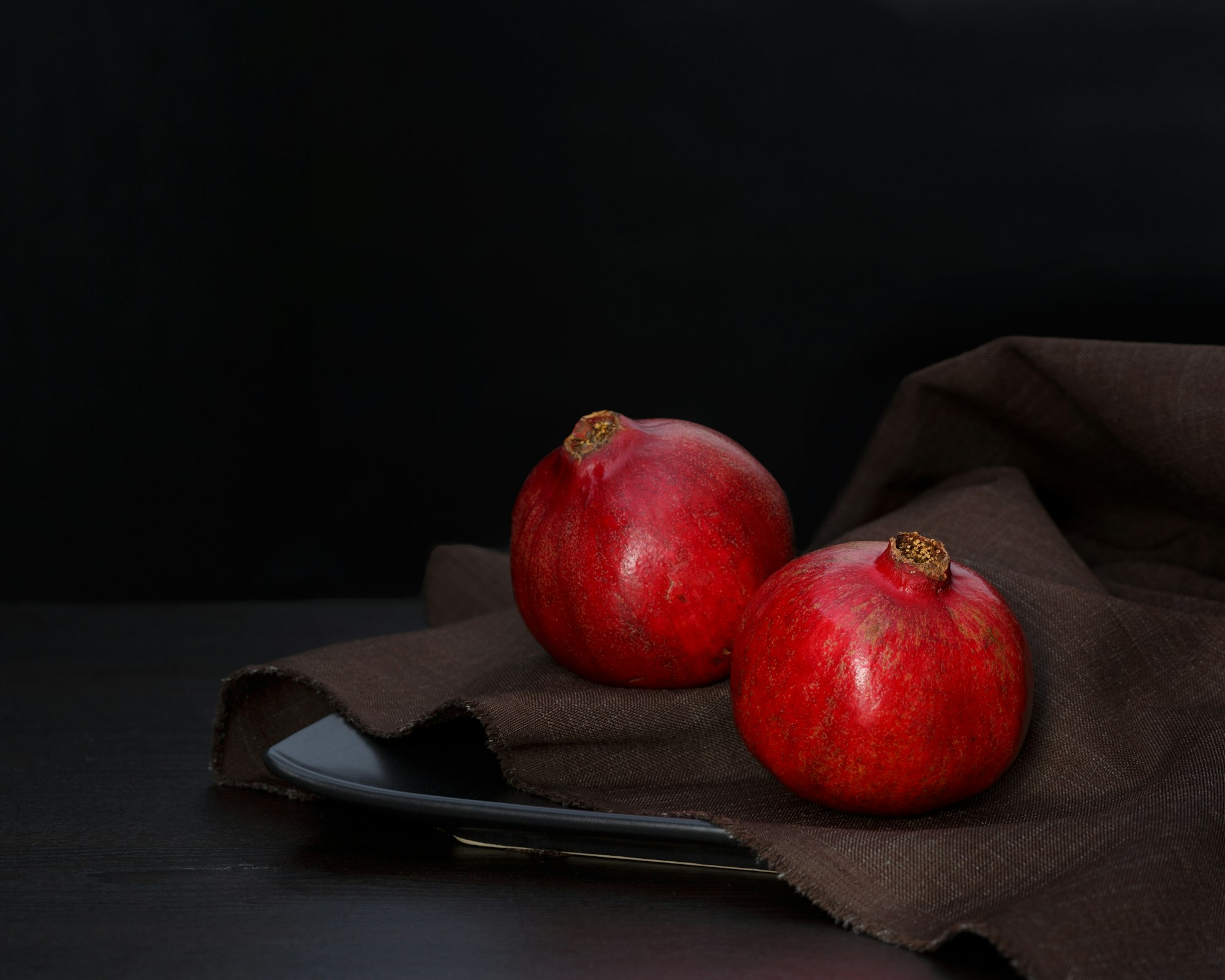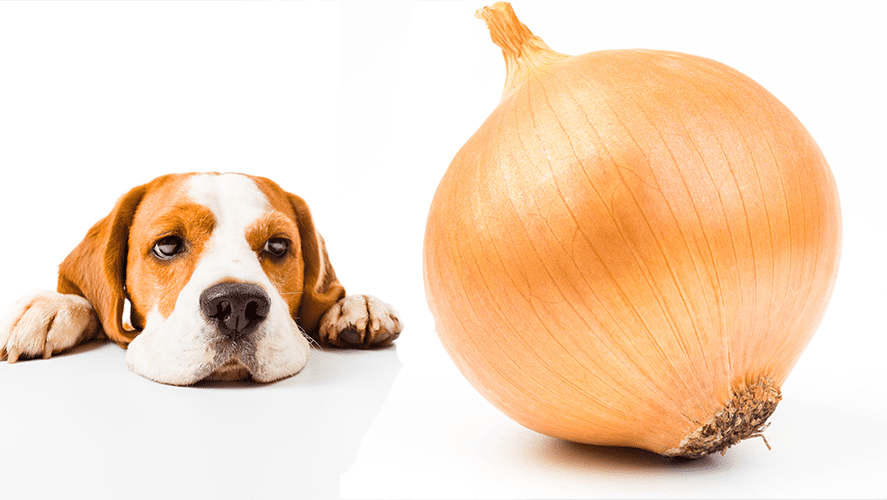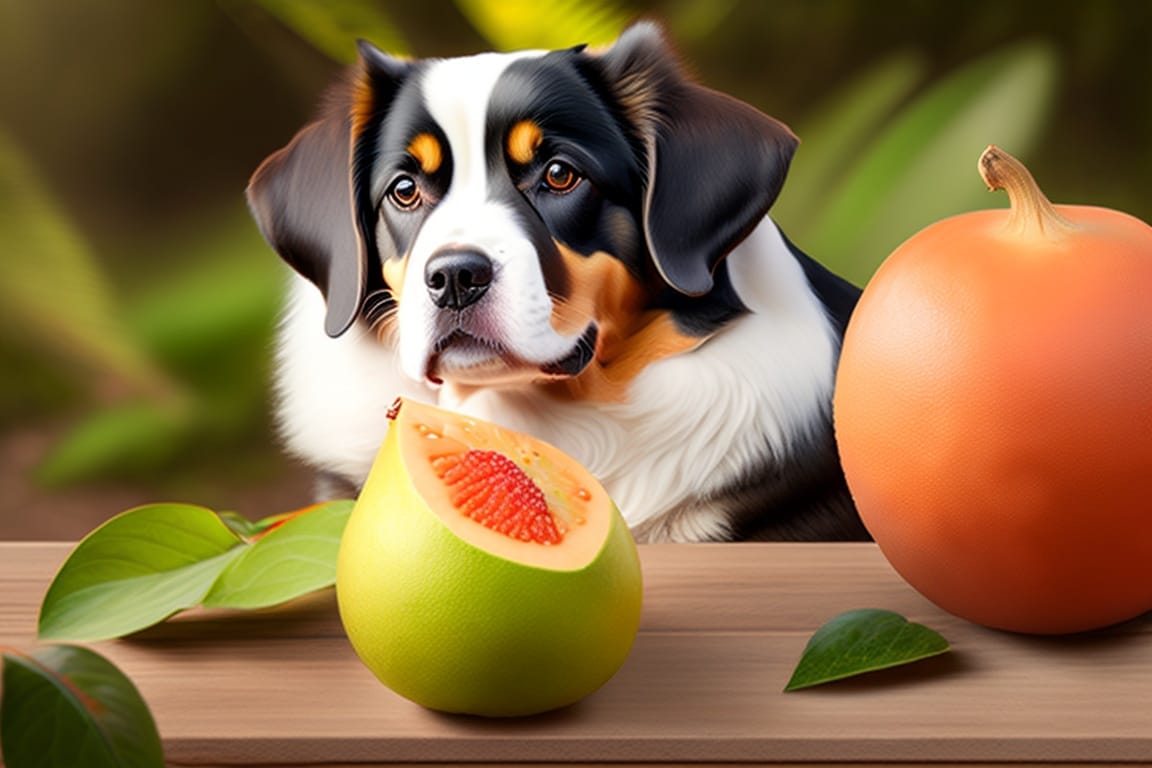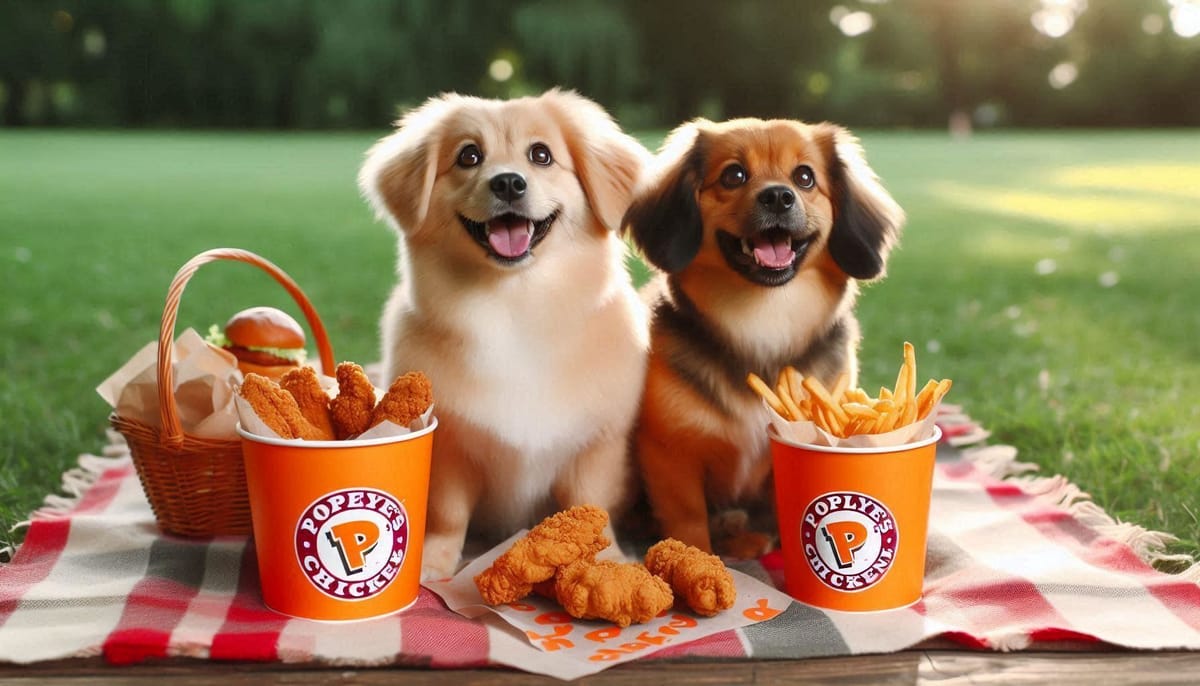Canines and Cheetos - two worlds that shouldn't collide. But many dog owners wonder: can dogs eat Cheetos? To keep our furry friends safe, let's shed some light on this.
It's best to avoid sharing human snacks with dogs. Cheetos may look tempting, but they contain artificial additives, salt, preservatives and more - bad news for a pup's digestive system. Plus, Cheetos lack any nutritional value for dogs and could lead to serious health issues. Too much salt could cause dehydration, and certain ingredients may trigger allergies or adverse reactions.
The dangers of Cheetos were made clear in 2019. A pup accidentally ate a large quantity of the snack and ended up with acute pancreatitis due to its high fat content. So, keep Cheetos away from your pup - it's for their own good!
Can Dogs Eat Cheetos?
Much debate about whether dogs can consume Cheetos has been sparked. Sharing this cheesy snack with your furry buddy might be tempting, however it's essential to bear in mind their health first. Here are some key points:
- Cheetos contain high sodium and artificial additives, which may harm dogs.
- The cheese dust on Cheetos may cause digestive issues leading to diarrhea or an upset stomach.
- The crunchy texture of Cheetos can be a choking hazard, especially for smaller breeds.
- Eating too much Cheetos can lead to obesity in dogs, just like in humans.
- If you still want to treat your happy dog with something cheesy, there are dog-friendly alternatives available.
- Consulting your vet before introducing any new food to your dog's diet is best.
Every dog is different, and some might have stronger digestive systems. So better be safe than sorry. Instead of putting their health at risk, choose healthier options.
It's your decision. Bear in mind your furry friend trusts you to make the right decisions. Why not pick a safer option that keeps them healthy and delighted?
You don't have to miss out on the opportunity to give your pup delicious snacks made specifically for them. With the huge variety of dog-approved treats available, there's something for every canine pal. Make a mindful decision that will benefit both you and your loyal furry mate.
Remember: healthy choices keep dogs happy!
Why Cheetos are not recommended for dogs
Cheetos may look tasty, but they're not good for our four-legged friends. High salt levels and artificial components make them dangerous for dogs. Even though sharing your snack may seem like a nice gesture, it's important to think about their health.
Dogs have different needs than us. Foods that are safe for us can be toxic for them. Cheetos contain too much salt, which causes dehydration and electrolyte imbalances. Plus, the artificial flavors and preservatives can cause stomach issues or diarrhea.
Also, the shape and texture of Cheetos mean they can get stuck in a dog's throat. That can lead to a life-threatening emergency. So, instead of giving them Cheetos, give them treats made for dogs. Natural ingredients and food designed for their nutritional needs will make them healthier and happier.
It's best to be careful with our pets. Think twice before sharing snacks - choose something nutritious instead.
Potential health issues for dogs from eating Cheetos
Cheetos - delicious and cheesy snacks beloved by many. But, they can be harmful for our furry pals! Dogs should avoid Cheetos due to certain health hazards.
- Digestive Problems: High fat and salt content may result in digestive issues like diarrhea, vomiting or stomach ache.
- Obesity: These cheesy goodies are loaded with calories and low on nutrition. So, your pup may become overweight, leading to more health issues.
- Sodium Overload: Excessive sodium can raise blood pressure, stress the kidneys and cause long-term damage.
- Allergic Reactions: Some ingredients in Cheetos such as artificial flavors or preservatives may trigger allergies. These may manifest as itching, skin irritation or worse.
- Choking Hazards: The crunchy texture can be dangerous if not chewed properly. Cheetos can get lodged in the throat or cause blockages.
- Pancreatitis Risk: High fat content increases the risk of pancreatitis - an inflammation of the pancreas which can be fatal.
It's better to go for healthy treats designed for canines. Natural snacks like carrots or apples are safe and nutritious. A balanced diet and suitable treats keep your pup happy and healthy. So, think twice before you offer them a bag of Cheetos!
What to do if a dog consumes Cheetos accidentally
Accidental Cheetos consumption by dogs can be worrisome for pet owners. If this happens, take action right away! Here is a 3-step guide to follow:
- Assess the situation. Look out for signs of distress, such as vomiting, diarrhea, excessive thirst, or lethargy. Your dog should be okay if they have Cheetos but make sure to check on them.
- Contact your vet. Tell them about the incident, including the quantity of Cheetos ingested and any observed symptoms.
- Monitor your dog's behavior. Watch for changes in appetite, energy levels, or bathroom habits. Tell your vet if anything changes.
Prevention is always best. Keep Cheetos (and other harmful substances) away from your dog! Every dog is different, so consult a professional for accurate advice.
It's important to note that certain ingredients in Cheetos can be bad for dogs. High salt content and artificial additives may cause digestive issues or even sodium poisoning (ASPCA). So, keep a strict eye on what your pup consumes.
Alternatives to Cheetos for dogs
Cheetos may be tempting to feed your pup, but are they safe? Here are some better alternatives!
- Carrot Sticks: Crunchy and low-calorie. Packed with vitamins and minerals that benefit overall health.
- Apple Slices: Sweet and crisp. Just remember to remove the seeds and core.
- Peanut Butter: A spoonful of bliss! Just make sure it doesn't contain xylitol, as it's toxic for dogs.
- Baked Sweet Potato Chips: Homemade and tasty. Rich in fiber, which aids digestion. Don't add salt or seasonings.
Giving them in moderation is key. Every pup is different, so talk to your vet before introducing any new treats.
A story to remind us - my friend's pup had to be rushed to the vet after eating Cheetos. Thankfully, after receiving medical attention, the pup recovered. This showed us that healthier alternatives are always the best for our furry friends' well-being.
Conclusion
Do dogs eat Cheetos? It's a common query among pet owners. The answer? No! Human snacks like Cheetos are bad for our pooches. Though they may seem irresistible, they can cause harm.
Humans and dogs have different digestive systems. So, processed snacks like Cheetos are too hard for dogs to properly digest. This could lead to digestive issues, tummy troubles, and even more serious health problems.
Cheetos also contain high levels of salt and fat. Too much can cause obesity and increase the risk of heart disease in obese dogs. The artificial flavors and additives could also cause allergic reactions.
Unfortunately, some pet owners have let their dogs have Cheetos, only to regret it later. Reports suggest this led to vomiting, diarrhea, and abdominal discomfort. This serves as a reminder to give our canine companions nutritionally balanced meals instead of human treats.
Frequently Asked Questions
Q: Can dogs eat Cheetos?
A: It is not recommended to feed Cheetos to dogs. They are unhealthy and can be harmful to their digestive system.
Q: Why are Cheetos bad for dogs?
A: Cheetos are packed with artificial ingredients, excessive salt, and unhealthy fats that can lead to obesity, digestive issues, and potential pancreatitis in dogs.
Q: Can a small amount of Cheetos harm my dog?
A: While a small bite of Cheetos may not cause immediate harm, it is still not a recommended food for dogs. Continuous consumption or larger quantities can have long-term negative effects on their health.
Q: What should I do if my dog accidentally ate Cheetos?
A: If it was a small amount, monitor your dog for any signs of discomfort or digestive issues. Ensure they have access to fresh water and contact your veterinarian if any concerning symptoms arise.
Q: Are there any alternatives to Cheetos that dogs can enjoy?
A: Yes! There are many safe and healthy alternatives for dogs to enjoy as treats. Options include carrot sticks, apple slices, or commercially available dog treats specifically made for canine consumption.
Q: How can I ensure my dog's diet is healthy?
A: It is essential to provide your dog with a balanced diet consisting of high-quality dog food recommended by your veterinarian. Avoid feeding them human foods that could potentially be harmful.
Want more Can Dogs Eat articles?







